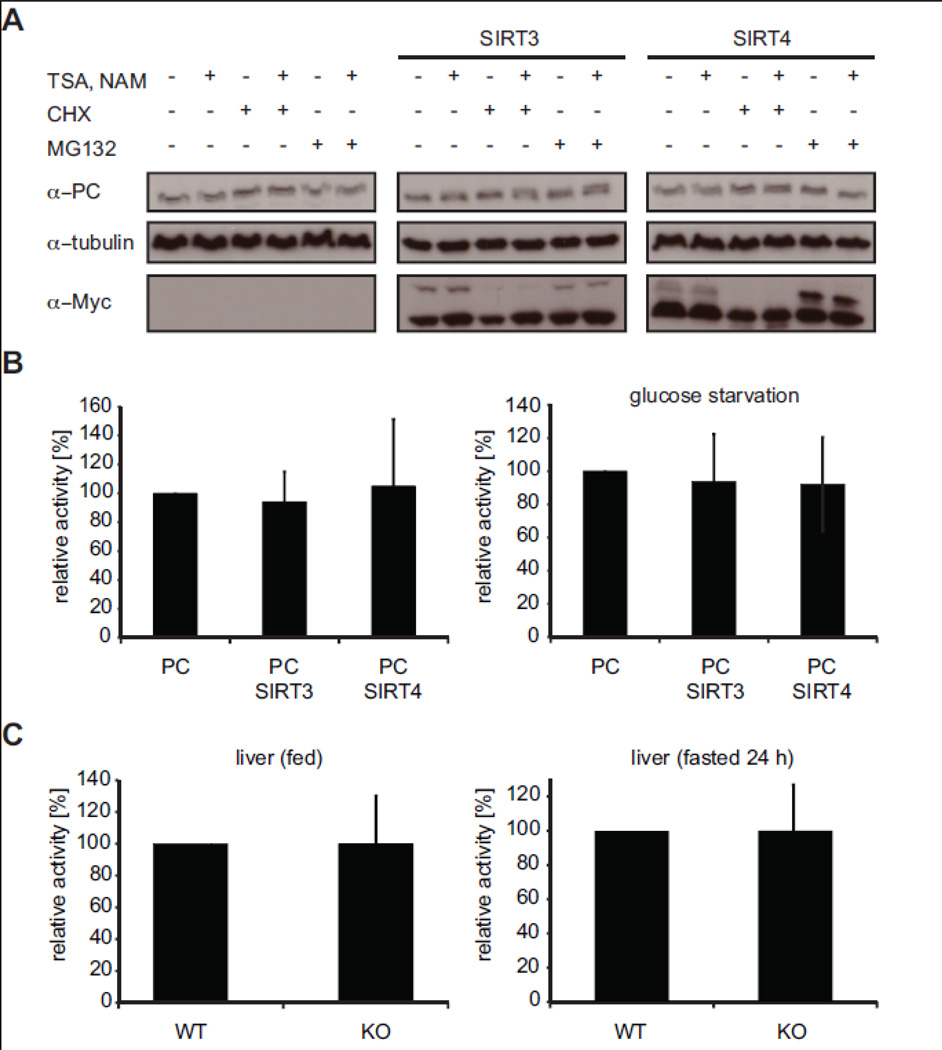Fig. 7. SIRT4 does not affect mPC stability or enzymatic activity.
(A) Analysis of mPC protein stability. Stable inducible mPC-FLAG HEK293 cells alone or also stably overexpressing human SIRT3-MYC or SIRT4-MYC were treated with 1 µM TSA and 10 mM NAM overnight. Protein synthesis and proteasomal protein degradation was inhibited with cycloheximide (20 µg/ml) and MG132 (20 µM), respectively, for 6 h. Cell lysates were analyzed by Western blot using the indicated antibodies. (B) Pyruvate carboxylase activity in stable inducible mPCFLAG HEK293 cells alone or also stably overexpressing human SIRT3-MYC or SIRT4-MYC. For glucose starvation (right graph) cells were cultured in glucose free medium overnight. Relative activities (normalized to mPC-FLAG in absence of SIRT3 or SIRT4) are represented as means of at least three experiments. Error bars represent standard deviation. (C) Enzymatic activities of mPC in liver lysates of wild type and SIRT4−/− mice fed (left) or fasted for 24 h (right). Relative activities (normalized to wild type) are represented as means of at least three experiments using two (fed) to three (fasted) mice per condition. Error bars represent standard deviation.

